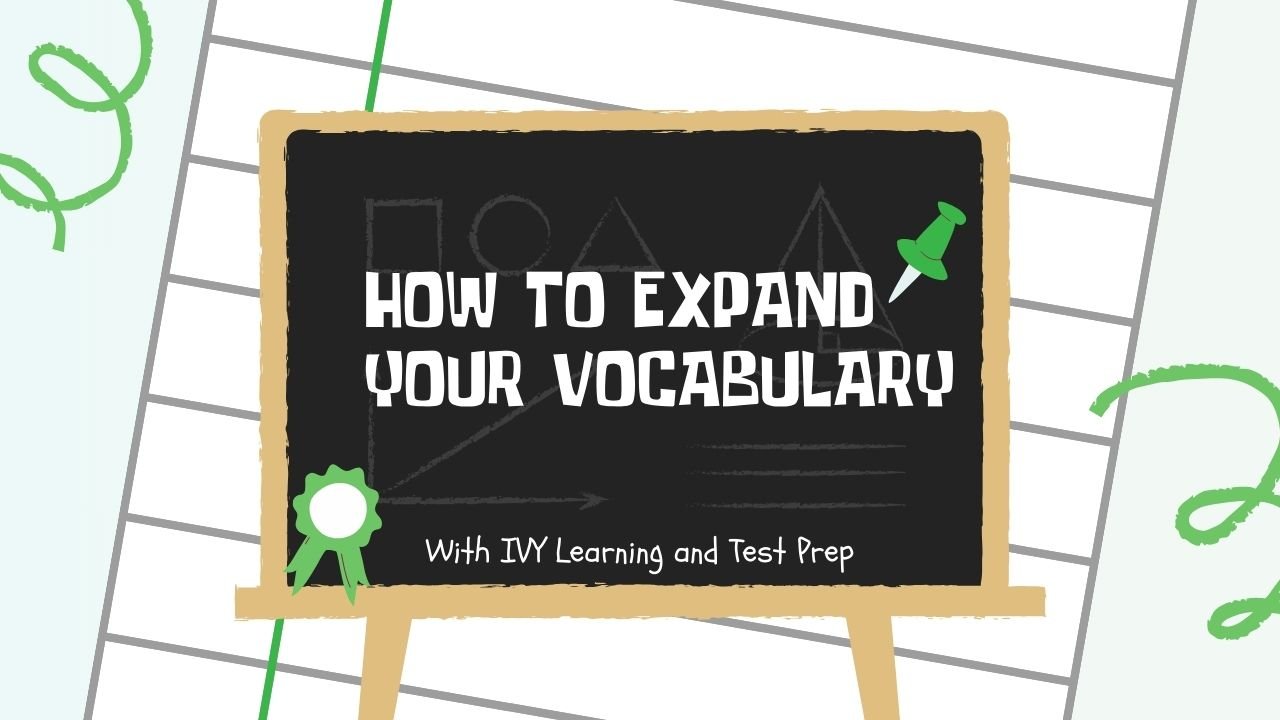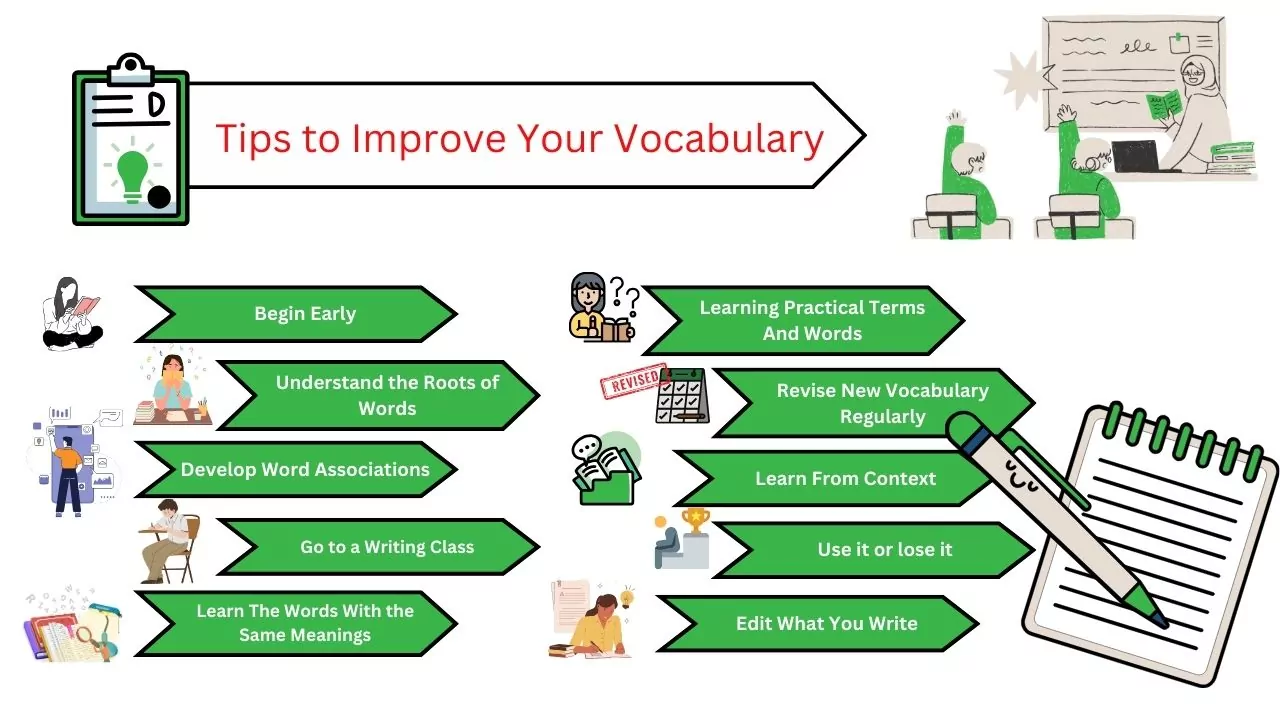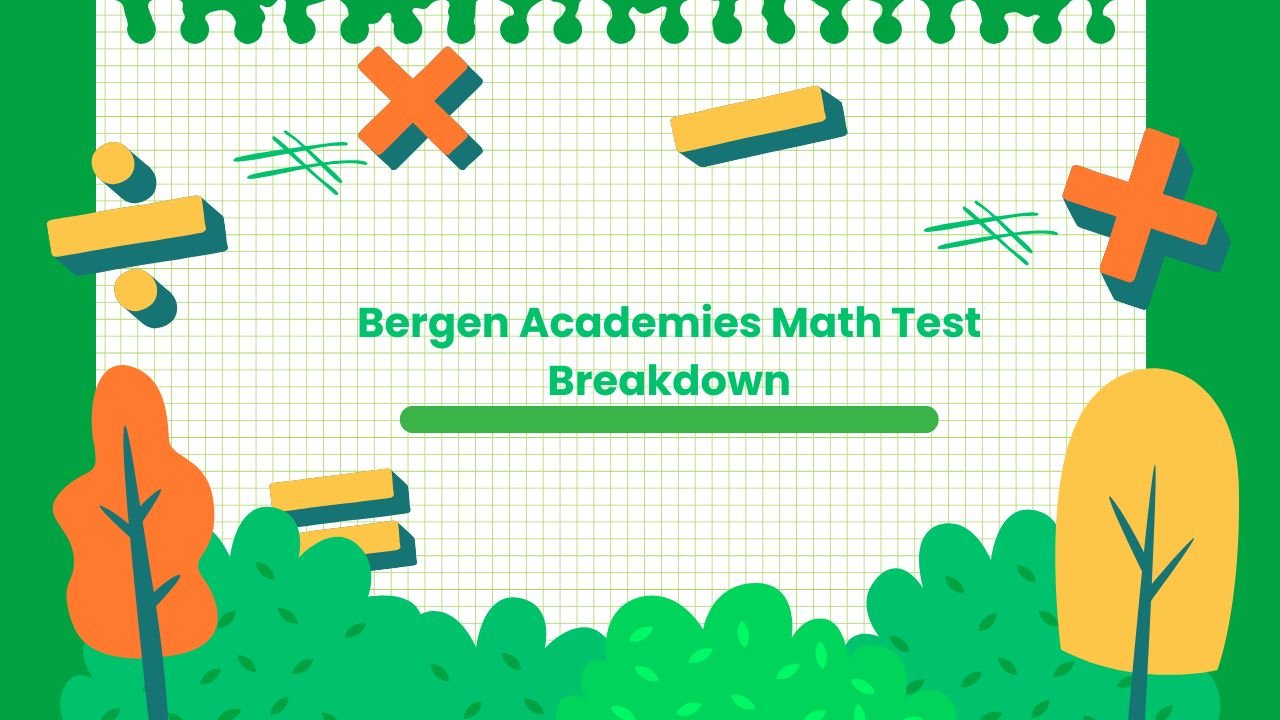Vocabulary is one of the most important parts of communication. While this may not be a big deal for native speakers, even they will need to focus on vocabulary to speak well. On the other hand, an improved vocabulary will help students aiming to get admission to prestigious institutions. How, you may ask, mostly because that will show their linguistic and communication skills. Also, general vocabulary knowledge is helpful in academic growth. However, you may want to know how to expand your Vocabulary. These days, students and individuals have access to a wide range of tools that can help them expand their vocabulary. In this post, we will guide students regarding the best way to expand their vocabulary. Continue reading the following.
Key Takeaways
- Expand your vocabulary to improve communication, writing, and get better at Ivy learning and understanding.
- Reading diverse materials daily is still the most reliable method.
- Context-based learning and word families make vocabulary stick in your memory.
- Active recall and spaced repetition strengthen long-term memory.
- Digital tools help to expand your vocabulary, but work best when paired with real use.
- Focus on consistency instead of volume to increase lasting growth.
The Practical And Best Way To Expand Vocabulary
Start With Intentional Reading
Though reading is still one of the most effective ways to expand your vocabulary, not every reading material is worth it. Focus on reading texts that are not your regular texts, but challenge your reading capabilities. Fiction can enhance your imagination, while non-fiction can help you learn a new language. News articles introduce you to modern language and terms. Just make sure to read with a purpose in your mind and not for formality. When you find a new word, pause, read the sentence again, and then guess the meaning before looking it up.
Strategy: Create a “word tracker” while reading. List new words, write your guess, then check and revise. Later, write one sentence using each word. This habit will build a stronger mental connection between words and their use. Over time, it helps shift vocabulary from passive recognition to active recall.
Learn Roots And Not Just Definitions
There are word families where most words have similar meanings or work similarly. Learning individual words in isolation limits your progress. A better way to expand your vocabulary is to approach usually involves understanding word families and groups of words sharing a root.
For example:
- Act → actor, action, active, activate
- Struct → structure, construct, destruction, instruct
This method is one of the best ways to expand vocabulary, which is also known as the study of word structure. It gives you tools to decode unfamiliar words. Once you understand that bene- often means “good,” and mal- means “bad,” your brain forms connections that stick.
Activity: Start by building a mind map. Choose a root and write all the related forms around it. Add example sentences. Review it weekly. This technique will improving your vocabulary by using existing knowledge to make sense of new input.
Understand The Context And See the Word in Action
If you have heard a word and know its simple meaning, then you are probably aware of its practical usage. You can expand your vocabulary by owning a word completely. You must see it in context. Context provides clues about meaning, tone, and appropriate usage.
For instance, consider the word frugal:
- “He lived a frugal life, cooking at home and avoiding waste.”
- “Her frugal budget kept the company afloat.”
In both cases, the meaning aligns, but usage differs slightly.
Tool: Use corpora like COCA (Corpus of Contemporary American English) or simple sentence banks like those offered by academic dictionaries. These sources show how real people use words. The best way to expand vocabulary is by observing how words behave across different settings.
Spaced Repetition and Recall Will Make Memory Stick
It is easy to forget new words when not using them for some time. Even if you don’t forget it, but may not have a good grip on it. Spaced repetition is a learning method that even neuroscience supports to remember information longer by reviewing it at intervals. You can combine this with active recall, where you try to remember a word before looking it up. The struggle to recall makes your brain work harder and strengthens retention.
Tools:
- Anki (flashcard app with spaced repetition)
- Quizlet
- Custom notebooks
Create a schedule to review what you have learned so far to improve and expand your vocabulary. For example: new word today, review in 2 days, then in 4, then in 7. This method beats cramming and works well with long-term learning.
Integrate New Words Into Daily Use
You may learn new words daily, but learning how to use them matters the most. Integration helps shift vocabulary from passive knowledge to active skill. This is also the best way to expand vocabulary effortlessly.
Start small:
- Use new words in journal entries.
- Include them in work emails where relevant.
- Practice them in conversations or discussion forums.
The goal isn’t to sound impressive but to feel natural. Avoid forcing words into sentences. Let them emerge through repetition and comfort.
Tip: Create vocabulary themes. Focus on five new words per week related to a topic such as finance, emotions, education, etc. This gives your mind a setting for the vocabulary to live in.
Use The Latest Tools, But Don’t Rely On Them
These days, you can find a wide number of apps that claim to help you grow your vocabulary without any delay. While these tools help, they should support, not replace, engaged learning.
Apps like Magoosh Vocabulary Builder or the Merriam-Webster Word of the Day offer daily exposure. Google Docs’ synonym suggestions can nudge toward better word choices. You can leverage AI to find supportive words for related words. But none of these replace critical thinking. Use them to reinforce your practice, not define it.
Make Words Work for You Through Writing
Writing is one of the best ways to expand vocabulary. It will force you to select, organize, and revise words. Writing with a focus on new vocabulary will help you retain the words in your mind.
Method: At the end of each week, write a short paragraph using all the new words you learned. Keep your writing meaningful. Share it with a peer or tutor for feedback.
At Ivy Tutor, we’ve seen this method bring clarity and confidence to students over time. When vocabulary becomes part of your thinking, not just your study plan, fluency follows.
Build a Long-Term Vocabulary Strategy
Instead of starting with a rush, keep it slow and grounded. Consider it a slow investment. Short sprints won’t build a lasting bank of language. Here’s a sustainable plan:
- Set a goal:
Learn 5–10 new words a week.
- Engage with rich input:
Read, watch, and listen to a variety of content.
- Track and review:
Maintain a journal or digital tracker.
- Apply:
Use the words in writing, speech, or discussion.
- Reflect:
At the end of the month, review your list and write a summary.
To expand your vocabulary, view it as part of your thinking and learning process, not as a list you need to memorize.
Conclusion
When you are trying to expand your vocabulary, you are not competing with anyone but yourself. It’s a daily practice grounded in curiosity. Focus on small and developing steady habits. Start reading intentionally, learning word families, and writing often, and you’ll notice a change in your vocabulary. Language evolves. Stay open to it. Let new words surprise you. That curiosity, not rote learning, is the real path to mastery.
Whether you’re a student preparing for exams for the Ivy test prep, a professional refining communication, or a lifelong learner, the journey to a richer vocabulary begins with one word—and the courage to use it.










